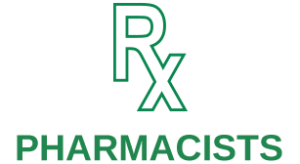Biological medicines are pharmaceutical products that contain one or more active substances that are derived from living cells or organisms.1
A biosimilar medicine is a highly similar version of an already registered biological medicine (the reference biological medicine)1 . This is in contrast with small-molecule drugs where the generic product is identical to the reference medicine.2
A good way to understand the variation in biological medicines is to consider how they are made. In contrast to small-molecule drugs produced by chemical synthesis, biological medicines are large, complex proteins made by living systems. The variable nature of these living systems leads to inherent variation in the molecules they produce, known as ‘microheterogeneity’. Batches of the same biological medicine including biosimilar medicines, can also demonstrate minor differences, a phenomenon known as ‘batch-to-batch variation’. Such small-scale variation is considered a ‘normal’ feature of any biological medicine and is tightly controlled by the strict boundaries of manufacturing and regulatory processes. 1-3
References:
- Australian Government – Department of Health. Biosimilar medicines: the basics for health care professionals. P11756. Updated: March 2017. Available here. Accessed 27 August 2018.
- Dörner T, Strand V, Castañeda-Hernández G et al. Ann Rheum Dis 2013;72(3):322-328.
- Schneider CK. Ann Rheum Dis 2013;72(3):315-318.










